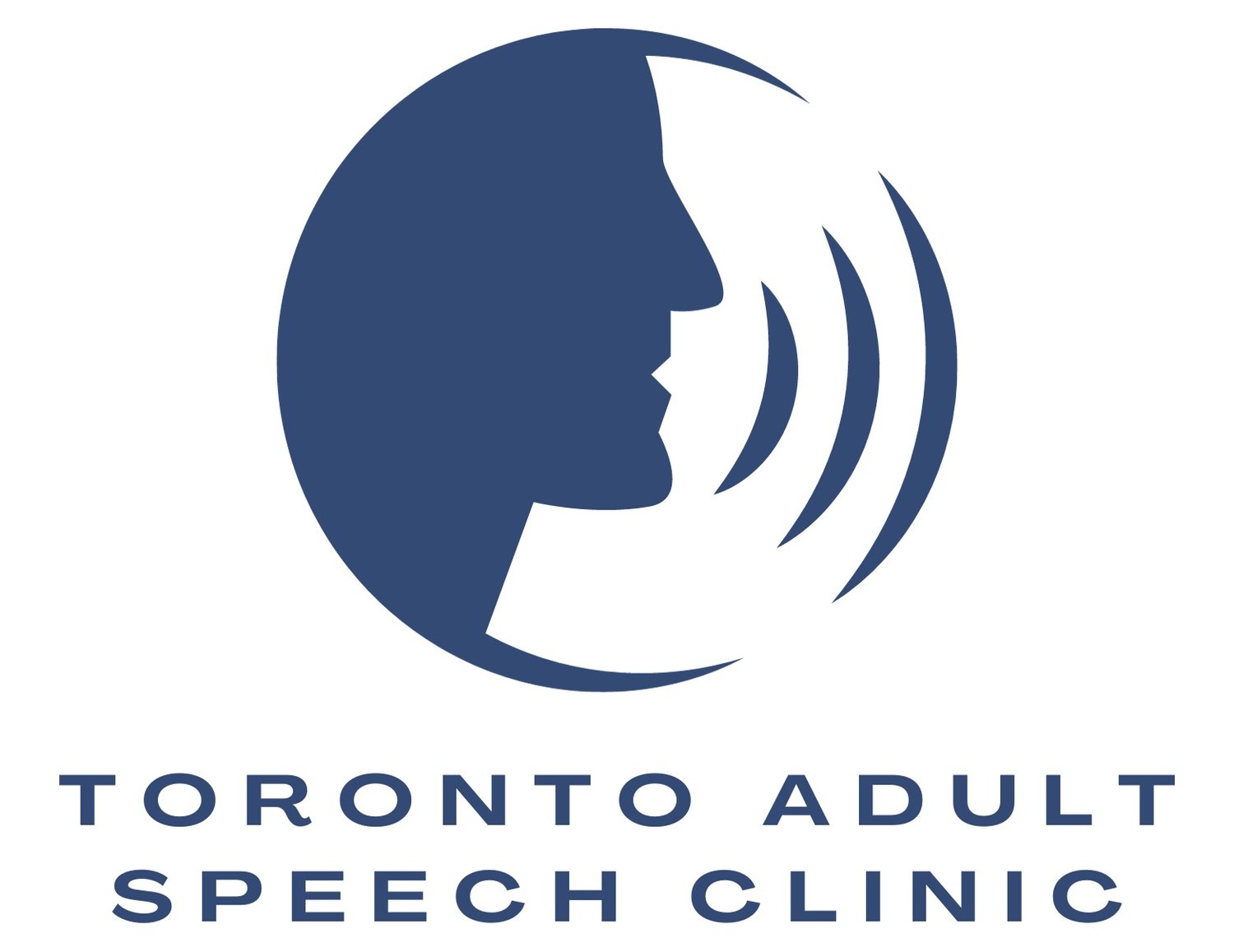
Accent Expansion
Accent Expansion is a contemporary approach to improving speech clarity while respecting the language, culture, and identity of people whose spoken English is influenced by other languages they speak. Traditionally, this kind of work has been labeled as accent modification or accent reduction in the field of speech therapy. Our approach at Toronto Adult Speech Clinic is aimed at removing stigma around accents and supporting our clients in exploring how to improve the clarity of their speech regardless of what language they are speaking.
Why work on an accent?
An accent is not a reflection of a person's intellect, their proficiency with the English language, and in many cases, does not impact whether an unfamiliar listener understands them. However, many adults still choose to undergo accent expansion because they are aware that the clarity of their speech is influenced by how they speak. We use the same principles to address speech patterns regardless of what language(s) our client’s speak. That way, clarity of speech is often improved in all spoken languages, not just English.
What is an accent..really?
An accent is a difference in pronunciation. That means, movements of our lips, jaw, and tongue are different depending on how we learn to speak English. Even people who have spoken English all their lives can have a different accent when speaking English. When someone learns English as something other than their first language, an accent arises because not all sounds are present in all languages. As a result, a sound in English would be replaced by a sound common in another language that is "close" to the English sound. For example, many languages do not have the sound "th" as in the word "thin" or "then." In those cases, "th" is often replaced with another sound so a listener may hear "tin" or "sin" for "thin" and "den" or "zen" for "then." As you can see by this example, sometimes that simple sound replacement results in a completely different English word being produced.
How does working on an accent…work?
Both consonants and vowels can be different when it comes to accents. There can also be differences in how certain words are stressed or in how a person inflects (changes pitches) when they speak. At TASC, a speech-language pathologist will perform a brief assessment of an accent to determine the best approach to speech training based on these observations, your own observations, and your goals. From there, it is usually a combination of daily practice and regular attendance in sessions with a speech-language pathologist.
Accent Expansion is never targeted at removing an accent. It is aimed at making a person feel more confident when they speak English and making it easier for a listener to understand what is being said. For example, some of our adult clients often report they do not mind their accent, but get frustrated when co-workers or friends are constantly asking them to repeat themselves. Furthermore, speech therapy is covered under most insurance plans and in many cases is seen by clients as an opportunity for professional development.
Contact TASC today to see how we might be able to help you improve the clarity of your speech.
